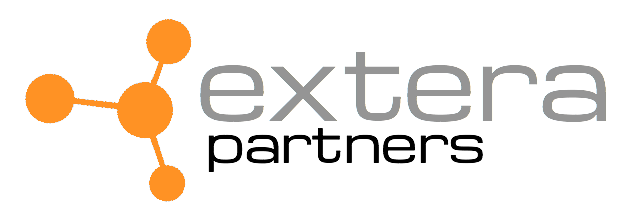Painreform seeks new deal on pain management product
Thursday, February 13, 2014
Herzeliya, Israel – With preliminary phase IIa data in hand for its postoperative pain treatment PRF-110, Israeli specialty pharmaceutical firm Painreform Ltd. is now seeking takers for the product, which has a 505(b)(2) approval pathway in the U.S.
The drug, based on a formulation of the approved local anesthetic ropivacaine, is positioned to take on Exparel (bupivacaine liposome injectable suspension), a pain treatment marketed by Pacira Pharmaceuticals Inc., of Parsippany, N.J., which notched up $20 million in third quarter sales in 2013.
Pacira has already attained a $2.1 billion market cap, largely on the back of Exparel’s potential. Although some way behind, Tel Aviv-based Painreform is seeking to differentiate its product from its rival on the basis of what it claims is a superior safety, efficacy and commercial profile.
Ropivacaine, like bupivacaine, has an amino amide structure, but it does not carry the same risk of
cardiotoxicity and it also has less central nervous system effects. It is currently marketed by London-based
Astrazeneca plc as Naropin.
Both PRF-110 and Exparel are positioned as long-acting drugs for managing postoperative pain while reducing or eliminating the need for opiates, which can cause addiction problems, or nonsteroidal anti-inflammatory drugs, which can cause internal bleeding, as well as gastrointestinal or renal complications. A major selling point is the reduction in hospital stay, owing to the less complicated pain management regimen.
“The current treatments are short-acting – three to four hours or maybe a little more,” Painreform CEO Eli
Hazum told BioWorld Today. “Usually the pain starts a little later on.” The aim of therapy, he said, is to expose
the site of pain to the drug for the first 48 hours after a procedure.
Exparel employs a multivesicular liposome technology, Depofoam, to achieve sustained delivery of
bupivacaine. It was approved in October 2011 on the basis of two clinical studies, in patients undergoing
bunionectomy and in patients undergoing hemorrhoidectomy. In each it achieved significant reductions in pain intensity compared to placebo for up to 24 hours. There was little difference between the drug and placebo on this measure after 24 hours.
The liposome formulation makes for difficult manufacturing and handling, according to Hazum.
“Their margins on the product are very small,” he said. “We have a simple oily solution, which is made from
phospholipids and castor oil.” It combines these into a “pro-liposome” formulation, which is mixed with a
hydrophobic active pharmaceutical ingredient. The resulting mixture does not actually form multilamellar
liposomes until it comes into contact with bodily fluids, leading to slow release of the drug substance.
According to early clinical data from Painreform, PRF-110 can extend pain relief for up to 72 hours in patients
who have undergone surgery for a hernia, while eliminating the need for opiate use. “We were below the
threshold level of serious pain,” Hazum said.
Manufacturing is a straightforward process. Cost of goods comes in at less than $1, Hazum said, while the unit production cost of the drug is $15 at present, although a larger scale process would push that figure lower, he added.
For all of PRF-110’s theoretical advantages, the supporting evidence base is still thin, however. The preliminary phase IIa data it unveiled this week involved just four patients. The study is ongoing at the Sourasky Medical Center in Tel Aviv. The drug has also completed a phase I trial in 15 healthy volunteers, who submitted to a series of experimental pain tests.
Given the longstanding clinical experience with the standard version of the drug, combined with the pk and
safety data that Painreform has generated, Hazum said there will be “no surprises” in its development. “It’s only a matter of execution right now,” he said. A deal on PRF-110 would indicate that the market is in agreement.
Painreform was founded in 2007 and is majority owned by the Herzliya-based venture capital firm Medica
Venture Partners, of which Hazum is a partner. An earlier agreement on a different pain product, ET-211, with
Encore Therapeutics Inc., of Carlsbad, Calif., is no longer active.
